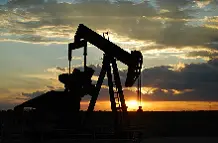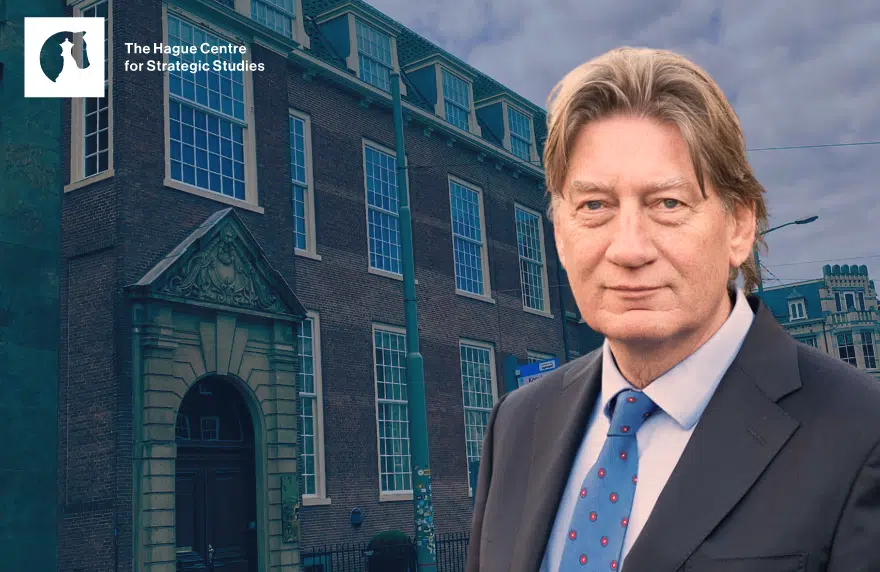‘Historisch’ werd het akkoord van de OPEC-landen genoemd toen na acht jaar werd besloten om de productie te verminderen in een poging de prijs op te krikken. Misschien historisch, maar niet onverwacht. Want landen als Saoedi-Arabië zijn hard getroffen door de te lage olieprijzen. Zo ernstig zelfs dat het IMF precies een jaar geleden voorspelde dat bij ongewijzigd beleid het Koninkrijk binnen vijf jaar failliet zou zijn. Het land beschikte op dat moment voor $ 654,5 miljard aan valutareserves. Een groot bedrag dat er in hoog tempo doorheen werd gejaagd. Soms aan foute dingen. Eerder dat jaar werd $ 32 miljard besteed aan een kroningsfeestje voor koning Salman. De oorlog in Jemen kost ook een lieve duit en het defensiebudget bedraagt inmiddels meer dan $ 80 miljard.
Ik heb er al vaker op gewezen dat het voor autocratieën en dictaturen die sterk van olie- en gasexporten afhankelijk zijn, steeds moeilijker wordt om onlusten onder de bevolking af te kopen als de prijs daalt. Precies dit gebeurt nu. Inmiddels is de olieprijs naar ongeveer $ 50 per vat opgekrabbeld, maar dat is nog steeds ver beneden de prijs die sommige landen nodig hebben om de begroting sluitend te krijgen. Voor veel landen, met inbegrip van Saoedi-Arabië en Rusland ligt die boven de $ 100 per vat. Natuurlijk zijn er inmiddels overal draconische bezuinigingen doorgevoerd, maar dit laat onverlet dat, om met Paul van Vliet te spreken, er geen leuke dingen meer voor de mensen kunnen worden gedaan.
De positie van Iran is opmerkelijk. Dit OPEC-lid bedong een uitzondering op de productiebeperking waardoor de deal mogelijk werd. Dit betekent dat de vijandschap met Saoedi-Arabië even opzij is gezet en dat de controverses over de strijd in Syrië en Jemen werden bevroren. Tegelijkertijd vraagt president Rouhani andere landen met de deal mee te gaan. Zo niet, dan gaat de prijs alsnog niet omhoog.
In een telefoongesprek vroeg hij zijn Venezolaanse collega Maduro het OPEC-plan te steunen om zo de markt te stabiliseren. Het gevolg was dat de prijzen met 1 procent stegen. Ook niet-OPEC-lid Rusland lijkt nu in de productiebeperking mee te gaan, maar alleen als meer niet-OPEC-leden volgen.
De Iraanse houding is niet verbazingwekkend. Het land is hard door de sancties van de afgelopen jaren getroffen en kan er alleen door een combinatie van hoge prijs en hoge productie bovenop komen. Venezuela is door de lage olieprijzen feitelijk failliet gegaan en Rusland wordt steeds meer geconfronteerd met sociale onlusten die alleen met meer geld te beteugelen zijn.
Pas in november komt er meer duidelijkheid, want dan besluiten de OPEC-landen definitief over de productie. Het lijkt zeker dat er weer een tijd aanbreekt waarin landen als Saoedi-Arabië de markt gaan bepalen. Goed voor wankele landen, slecht voor de consument aan de pomp.
Dit artikel is gepubliceerd op Energiepodium.nl
Photo credit: Paul Lowry via Foter.com / CC BY







